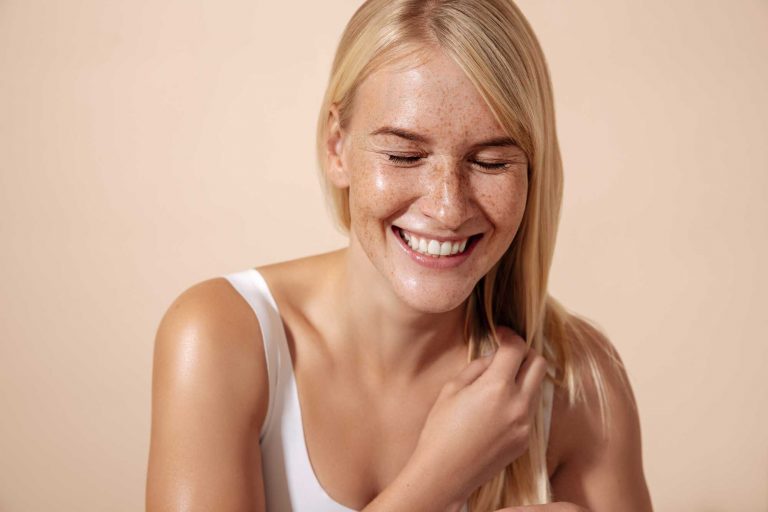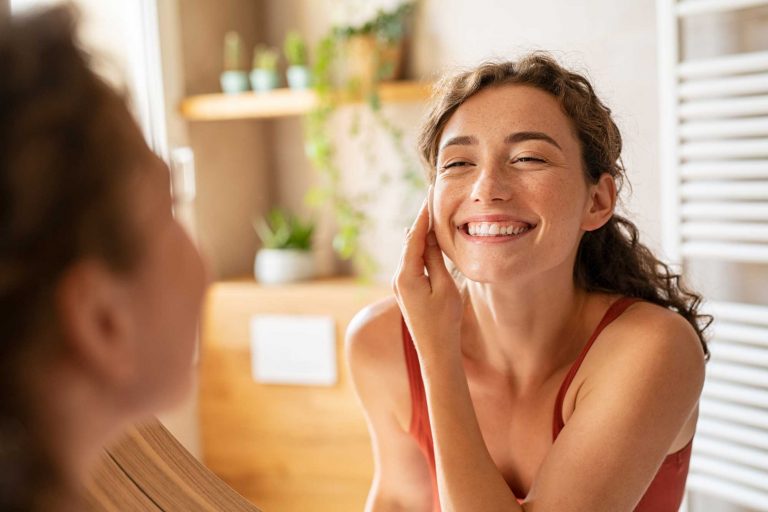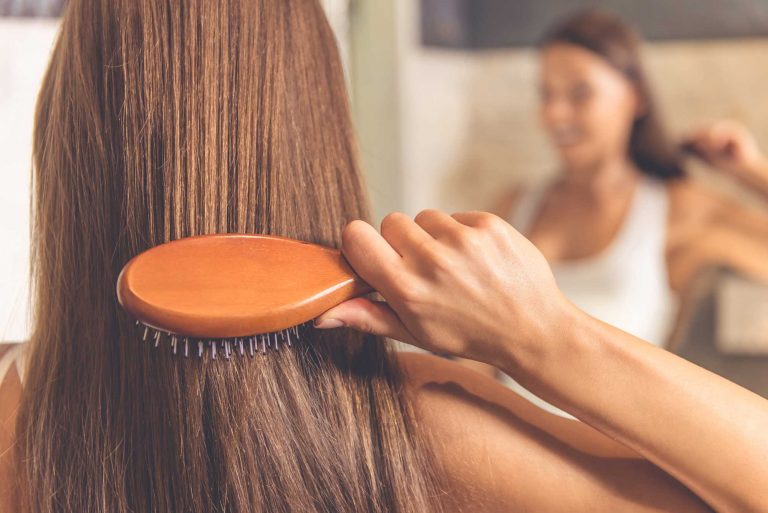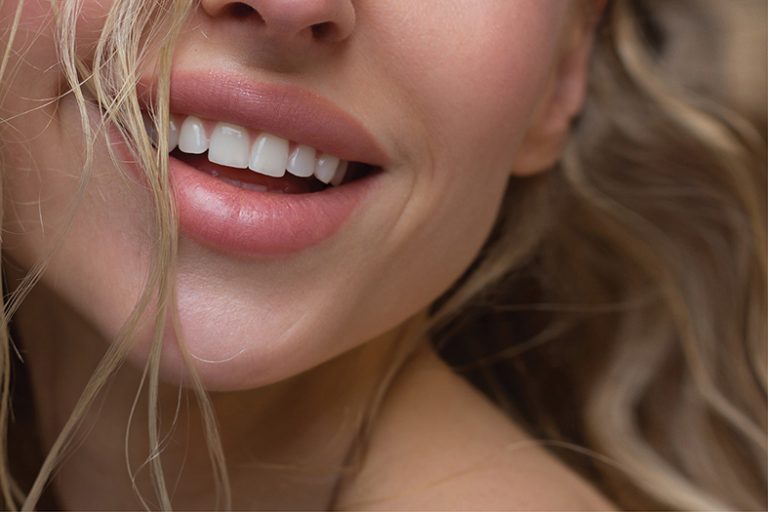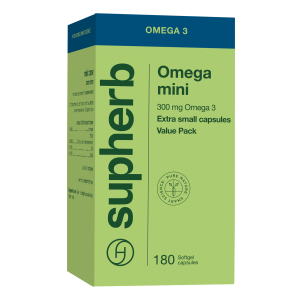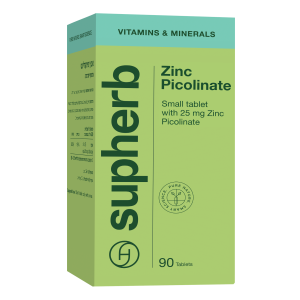- Home
- Beauty care
- Acne: How is it Created and is There a Way to Improve Their Condition?
Acne: How is it Created and is There a Way to Improve Their Condition?
- Acne is common especially in teenagers but might also appear in later stages in life.
- Acne is caused by several factors and is mostly influenced by hormonal changes increasing the activity of the sebaceous gland.
- Wrong treatment of acne and certain nutritional habits might make it worse.
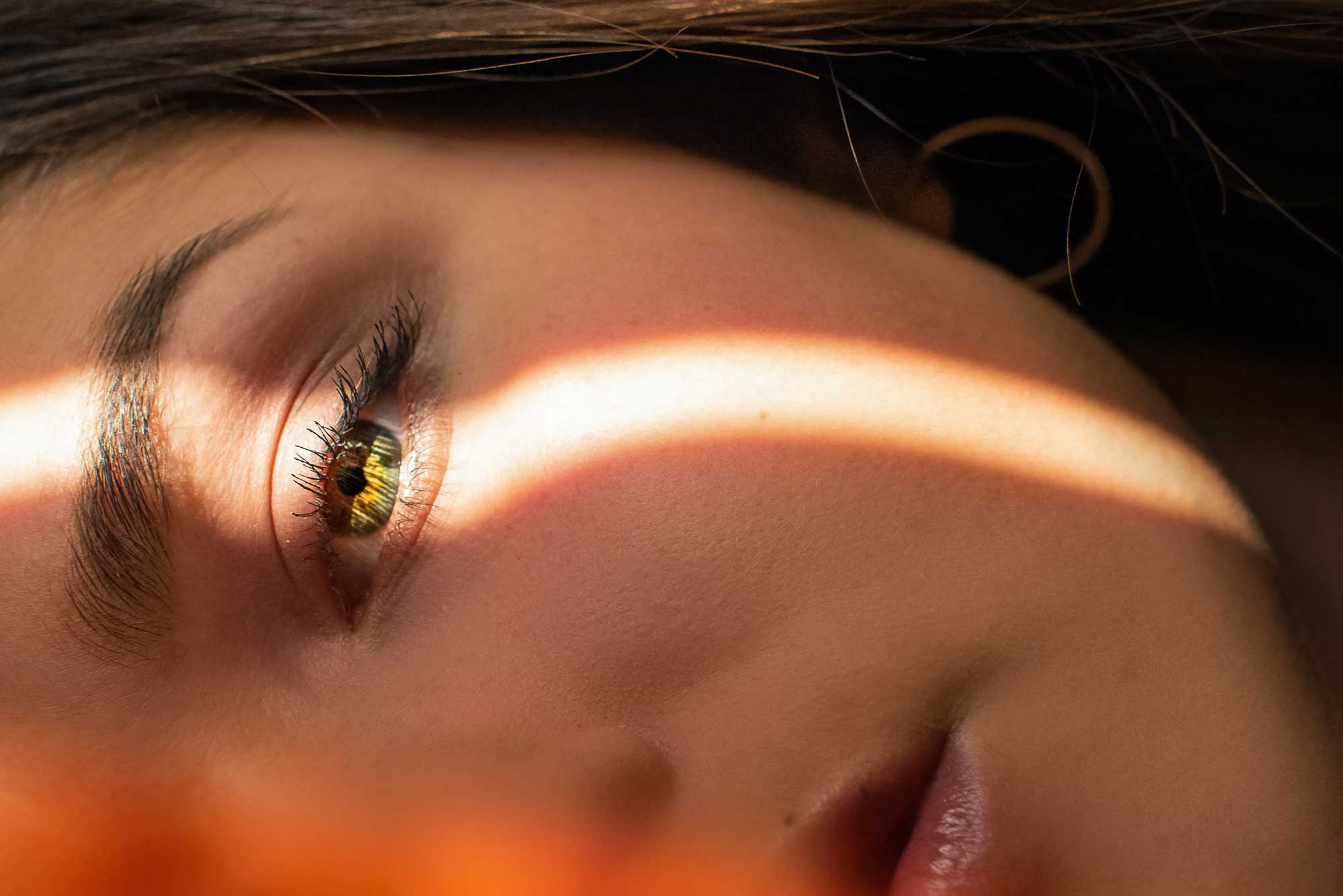
Acne is skin condition also called Acne Vulgaris. Acne has many psychological effects, whether it appears in puberty or later on. In many cases, dealing with acne can cause low self-esteem and confidence since it affects people’s looks. There are a few factors in the development of acne that you should know about in order to better deal with it. What should you do and avoid when having acne?
What causes acne?
First, it’s important to understand that acne is influenced by several factors simultaneously. At the base of the acne is an increase secretion of the sebum from the sebaceous gland in the skin, mostly influenced by hormonal changes. In addition, a deficit in the keratinization processes (creation and rejuvenation of the skin cells) leads to a build up of dead skin cells, that along with the excess sebum cause the pores to clog. This creates comedones, or as they’re commonly known “blackheads” or “whiteheads”. The difference between the two is simple, if the blockage occurred close to the skin surface, the sebum comes in contact with the air, oxidizes and turns black. If the blockage occurred deeper, the sebum doesn’t come in contact with the oxygen and the comedones will remain white.
What happens when the pores are clogged?
Damaging the natural abilities of the skin to drain itself, along with the activity of germs that feed off the sebum – especially Propionibacterium Acnes – create a local inflammatory state that is manifested by skin pimples. Acne is defined as a local inflammatory situation of the sebaceous glands and hair follicles. The pimples will mostly appear on the face and sometimes on the back or chest.
When hormones go wild
One of the main factors that influence the sebaceous glands activity are hormones, mainly androgenic hormones. Hormonal changes in both boys and girls influence sebum creation and cause the skin to be oily and thick, which leads to the clogging of the follicles. Hormonal influence is the reason that acne is so common during puberty, as the hormones rage. For women, the skin becomes oilier due to hormones in certain times during the menstruation, which is why they tend to have pimples around the vulva, even in cases that are defined as acne.
Careful! The three common mistakes that make things worse:
- Touching the pimples
When there are “blackheads” and pimples on the skin, it’s very tempting to touch them in front of the mirror, but that’s the biggest mistake you can make. Touching pimples and trying to take out “blackheads” might cause an infection and worsening. Messing with the skin also increases the chance of scaring and boils on the skin, which is why you should avoid it.
- Over-drying the skin
Choosing cosmetic products that over-dry the skin is a common mistake. Yes, the over-secretion of the sebum on the skin creates an oily skin and is one of the causes that encourage pimples, but it’s important to remember that the sebum has an important role in protecting our skin and over-drying only makes it worse, as opposed to our logic. Rinsing your face too much, using soaps or drying products and not using moisturizers will all lead to the skin overcompensating and producing even more sebum. Maintaining proper hygiene and the right external treatment is an essential part of treating pimples, but you should do it by consulting a certified professional such as a cosmetician in order to receive the right kind of guidance for the right treatment and products.
- Using the wrong cosmetic products
There are cosmetic products, such as various creams, sun lotions, primers and make up products that contain ‘comedogenic’ components, meaning components that clog the pores or disrupt the natural process of dead cells rejuvenation. You should use products that state ‘non-comedogenic’ on them or simply ask for a personalization of the cosmetic products by a cosmetician.
What does stress have to do with acne?
Stress might make many health issues worse, even when it comes to the skin. When we get stressed, our cortisol hormone is elevated, which among other things causes hyperactivity of the sebaceous glands. Stress can cause acne outbreaks or worsening.
Does nutrition effect pimples?
Research has been conducted throughout the years, checking the link between nutrition and acne. The results are inconclusive, probably since there are a number of influential factors working simultaneously and it’s hard to isolate just one without relating to the others. However, there are foods that relate to the frequency and severity of acne and surprisingly (or not) they are teenagers’ favorite foods.
Sugars – there seems to be a link between pure carbs and acne. Sugar effects inflammation and over-consumption will make it worse. Simple carbs to avoid are white and brown sugar, sweets, baked goods and white flour bread, white rice, sweet drinks and processed foods.
Dairy products – some of the research done on the matter found a link between consuming milk and dairy products to a higher frequency of acne. The link probably stems from the different hormones found in dairy products, but might also have to do with other milk components. Since cows are milked while pregnant, milk contains higher levels of hormones than it did in the past.
Fats – typical western nutrition contains too much Omega 6, a fatty acid that encourages inflammation. At the same time, most of us consume too little of the anti-inflammatory Omega 3. The two factors create an imbalance that effects conditions in the body that include inflammation, even in the skin. In case of acne, you should avoid fried foods, roasted nuts and processed snacks that contain a high level of Omega 6, oxidized fat and trans-fat and consume healthier fats, such as olive oil and foods rich in Omega 3.
What can you do to deal with acne?
After having realized there are different factors involved, the question is what can we do to best deal with it? The good news is that we have control over some of the factors. Improving our nutritional habits, decreasing stress and a proper treatment of the skin are the basis of dealing with acne. Another way is combining herbs, vitamins and minerals important for the skin. Here are some tips to get you started:
- Eat less sweets and dairy products. Enrich your diet with whole foods, make sure to choose complex carbs, legumes, whole wheat, vegetables and prefer homemade food over industrial and processed ones.
- Consume less Omega 6 rich vegetable oils and prefer olive oil and food with Omega 3.
- Make sure to drink a lot of water. Water is important for many different processes in the body, including detoxification.
- Combine herbs that are traditionally known to be anti-inflammatory contributing to detoxing, hormonal balance and stress relieve.
- A versatile and balanced diet will provide you with the vital vitamins and minerals essential for the skin, such as vitamin A, zinc, vitamins C and B.
- Get a professional consultation from a cosmetician for proper skin treatment and use only the cosmetic products suitable for you.
- Maintain proper hygiene, frequently change washing towels and avoid touching your face and messing with the pimples.




